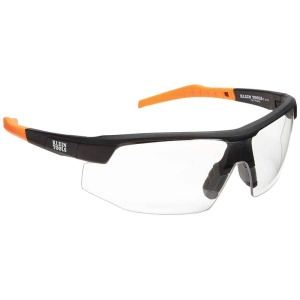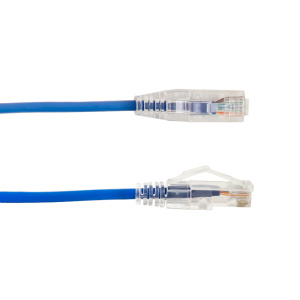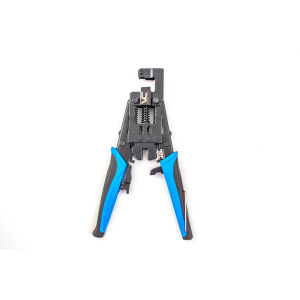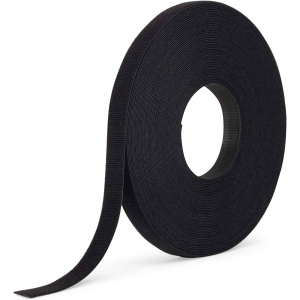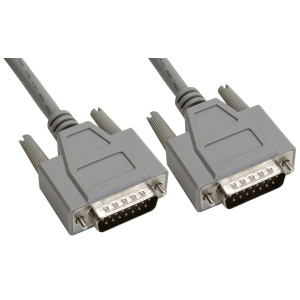In the world of DIY and professional tooling, the humble drill bit often doesn’t get the limelight it deserves. With myriad choices available in materials, shapes, and sizes, it can be challenging to make the perfect selection for your task. This guide, “Drill Bit Materials: A Comprehensive Guide on Uses and Selection“, aims to break down the jargon and help you choose the right bit for the job.
Understanding the Basics: Drill Bit Anatomy
Drill bits may look simple, but they are products of expert engineering and sophisticated design. Let’s get to grips with the basic anatomy of a drill bit before diving into material choices.
Shank
The shank is the part of the drill bit that fits into your drill’s chuck. The most common shank types are straight and hexagonal.
Body
Running from the shank to the tip, the body of the drill bit is the business end of the tool. This is where the material type and coating come into play, which we will discuss shortly.
Tip
The bit’s tip is the point of contact with the material being drilled. The design varies depending on the purpose of the drill bit.
The Importance of Choosing the Right Drill Bit Material
Selection of the correct drill bit material is paramount to efficiency, durability, and precision in your drilling tasks. Understanding these materials is the key to unlock the perfect tool choice.
Low Carbon Steel
Low carbon steel bits are perfect for drilling soft materials like wood and plastic. They are affordable but require frequent sharpening.
High Carbon Steel
High carbon steel bits are harder and more durable than their low carbon counterparts. They work well with wood and metal but can lose temper if overheated.
High-Speed Steel (HSS)
HSS is a step up from high carbon steel, offering even more durability and heat resistance. It’s a popular choice for a range of materials, from wood to harder metals.
Cobalt (M42)
Cobalt bits are hardy and heat resistant, making them ideal for drilling tough materials like stainless steel.
Carbide
Carbide bits are some of the hardest available and excellent for precision drilling. However, their toughness comes with brittleness, making them unsuitable for shock or impact.
Factors to Consider when Choosing Drill Bit Material
Choosing the perfect drill bit involves more than just picking the hardest bit you can find. Several factors come into play.
Material Being Drilled
The material you plan to drill is the most critical factor in your drill bit selection. Hard materials require harder bits, while softer materials can be drilled with softer bit materials.
Type of Drill
The type of drill you use may also impact your choice of drill bit material. For example, a standard hand drill can use most bit materials, while a hammer drill requires specially designed bits.
Drill Bit Lifespan and Maintenance
Your willingness and ability to maintain your drill bits can influence your material choice. Harder materials like carbide offer longer lifespans but may require special care or equipment to sharpen.
Caring for Your Drill Bit
A good drill bit can last a long time if taken care of properly. Here are some care tips to get the most out of your drill bit.
Proper Storage
Proper storage prevents damage and prolongs the life of your drill bit. Keep your bits in a case or holder, away from moisture and dust.
Regular Cleaning
Dirt, rust, or sap buildup on your bit can affect its performance. Regular cleaning can keep it in top condition.
Sharpening
Some drill bits require regular sharpening to keep them effective. Knowing when and how to sharpen your bits is crucial to maintaining their performance.
FAQs about Drill Bit Materials
Here are some frequently asked questions about drill bit materials and their uses.
1. Which drill bit material should I use for concrete? For drilling concrete, you should use a masonry bit, which is typically made from high carbon steel and sometimes features a carbide tip.
2. What type of drill bit is best for stainless steel? Cobalt drill bits are often recommended for stainless steel due to their hardness and heat resistance.
3. Can HSS drill bits cut through metal? Yes, high-speed steel (HSS) drill bits can cut through softer metals like aluminum and iron. For harder metals like stainless steel, cobalt or carbide bits are a better choice.
4. Do drill bit materials affect the quality of the drilled hole? Absolutely. The hardness and sharpness of the drill bit material can significantly impact the precision and smoothness of the drilled hole.
5. How often should I replace my drill bit? The lifespan of a drill bit depends on its material, usage, and maintenance. A well-cared-for high-quality bit could last several years.
6. Can I sharpen my drill bit myself? Yes, with the right tools, you can sharpen most types of drill bits yourself. Carbide bits, however, are best left to professionals due to their hardness and brittleness.
Conclusion
Selecting the right drill bit material is an art that requires understanding of both the tools and materials involved. With this comprehensive guide, you can confidently make your selection and achieve the perfect drilling result every time. So, next time you reach for a drill, remember, the right bit can make a world of difference.

